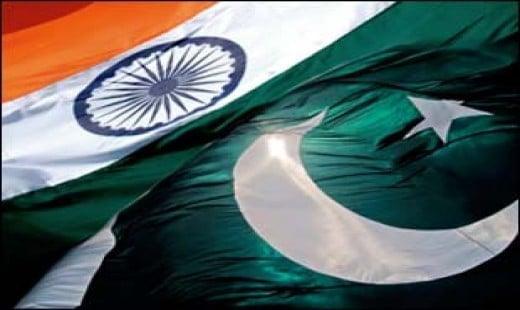Former Indian Army Chief (R) Manoj Naravane has spoken against war and calls for diplomatic efforts to solve many years of problems like Kashmir, in a rare attitude that reflects growing dissent in India.
As votes across the Indian society are increasingly criticizing Prime Minister Narendra Modi’s policies during the Pakistan-India conflict, General (R) described Naravane questions raised over the ceasefire as “irresponsible.”
“The solution to all pending disputes is in dialogue,” he said, indicating that Pakistan and India should also solve the Kashmir question through negotiations instead of military confrontation.
His comments are in line with previous offers by US President Donald Trump to mediate between the two countries at Kashmir.
“War is a serious and bitter reality – not a romantic story or a Bollywood movie,” Naravane said. “As a soldier, my first preference will always be diplomacy.”
He emphasized that the consequences of war extend beyond the battlefield and affect innocent civilians, especially children suffering from post -traumatic stress disorder (PTSD).
“Those who advocate war should also consider suffering from affected families,” he added. “National security is not only the responsibility of the government or the military, but a shared duty of any citizen.”
Military analysts noted that the declarations of the former army chief clearly suggest that war is not a solution and that diplomatic channels should be pursued to ensure lasting peace, especially in the Kashmir issue.
They emphasized that the emotional and humanitarian costs of war must not be ignored.
The comments of the former Indian Army Chief General (R) Manoj Naravane come in the midst of escalating domestic criticism of Prime Minister Narendra Modis handling the recent conflict with Pakistan, especially after the collapse of “Operation Sindoor.”
The operation aimed at asserting India’s military benefit ended with a US-broken ceasefire that opposition parties have felt a diplomatic and strategic embarrassment.
Shiv Sena (UBT) has led the political setback in which senior leader Sanjay Raut demands the resignation of Modi and Home Minister Amit Shah.
Raut called the failure of the operation and the subsequent ceasefire a “national humiliation” that insisted that Modi had lost the moral authority to lead the country. He also called on the government to immediately convene parliament for a detailed discussion about the operation, the ceasefire agreement and the Pahagam -Terroris attack on April 22, which triggered the escalation.
Congress leader Rahul Gandhi repeated the requirements, demanded an all-party meeting and criticized the Modi administration’s decision-making. Congress President Mallikarjun Kharge questioned the lack of strategic clarity and demanded that the government present a full account to the nation. AAP spokesman Priyanka Kakkar criticized the dependence on foreign mediation and warned that India’s diplomatic autonomy can be undermined.
While opposition figures across the spectrum expressed concern, some as a congress parliamentary member Shashi Tharoor adopted a more nuanced attitude. Tharoor described the ceasefire as a “necessary calibration” to prevent deeper conflict, although strategic goals were not fully met. However, RJDS Manoj JHA warned against letting foreign intervention become a precedent that supports Gandhi’s call for a special parliamentary session.



